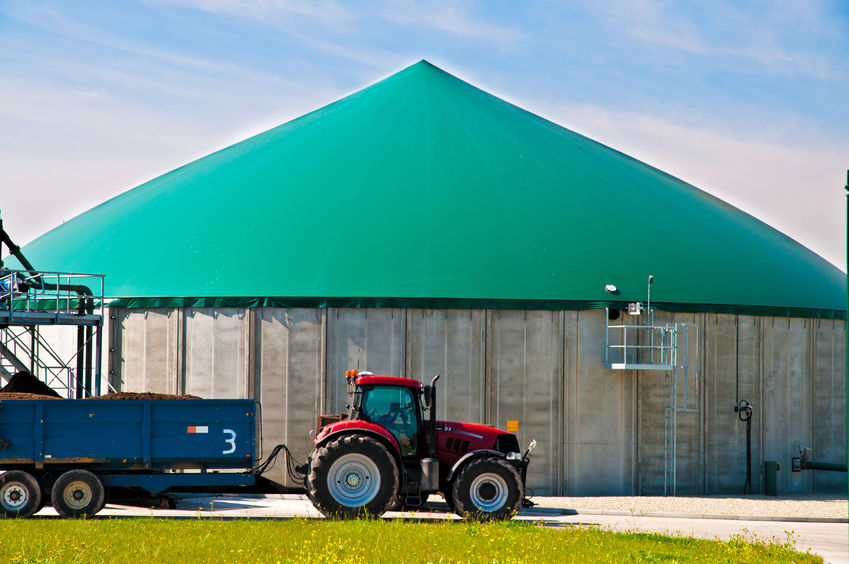
The biomass and anaerobic digestion sector, which farmers commonly use as a way to digest their waste into renewable energy, has spoken about political party manifestos and who supports what.
Following the launch of the Labour, Liberal Democrat and Conservative manifestos, the Anaerobic Digestion and Bioresources Association (ADBA) has commented on the energy, climate change and environmental policies outlined by the major parties.
Anaerobic digestion is the breakdown of organic material by micro-organisms in the absence of oxygen.
The process produces biogas, a methane-rich gas that can be used as a fuel, and digestate, a source of nutrients that can be used as a fertiliser.
Increasingly, it is being used to make the most of waste by turning it into renewable energy.
Conservatives
Commenting on the Conservative Party’s manifesto, ADBA Chief Executive Charlotte Morton welcomed the Conservatives’ continued commitment to the Paris Climate Change Agreement and 2050 carbon targets, as well as the commitment to a diverse market of energy provision.
However, she noted that there was no concrete action to boost recycling rates, meaning that recyclable non-edible food waste will continue to go to landfill, and expressed concern about the focus on shale gas, which will make it difficult for us to meet our climate change goals.
“We welcome the continued commitment from the Conservatives to meeting our carbon and climate change commitments. However, we would have appreciated more detail on how the AD industry will be supported to help the Government meet its pledges to move to a more diverse energy supply in practice, while reducing the amount of food that ends up being incinerated or going to landfill.
“I am also concerned about the enthusiastic promotion of shale gas in the manifesto – it will be very difficult for us to meet our climate change commitments using shale – green gas from AD is surely better than old-fashioned fossil fuels.”
Labour
Commenting on the Labour Party manifesto, Charlotte Morton welcomed plans to reconfigure funds for farming support to boost local growth and sustainable practices, given the potential of AD to benefit the green, circular economy.
She also welcomed plans to boost the share of energy from zero-carbon or renewable sources by 2030. However, she cautioned against the proposed emergency price cap on bills, warning that this may impact on investment in the sector.
“ADBA welcomes the Labour Party’s commitment to boosting our supply of clean, green energy as well as their recognition that support for farmers should encourage sustainable practices. However, we are concerned about their proposed cap on energy bills, as this could have the unintended consequence of limiting investment in the sector.”
Liberal Democrat
Turning to the Liberal Democrats' manifesto, Miss Morton welcomed the commitment to a ‘Zero Carbon Britain’ Act to set new targets to cut greenhouse gas emissions to zero by 2050, as well as their recommendation of statuatory waste recycling targets and the potential for an incineration tax.
However, she confirmed that AD is not specifically mentioned in these plans, which would have been a logical extension of the party’s aims to cut waste to landfill.
“The Liberal Democrats have some strong environmental policies in their manifesto. However, it is a shame given their commitment to tackling the problem of waste that they don’t highlight AD’s great potential to prevent these materials going to incineration or landfill.”
